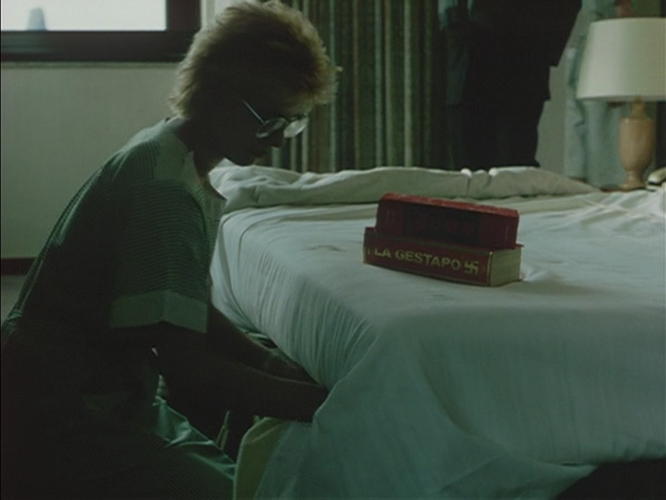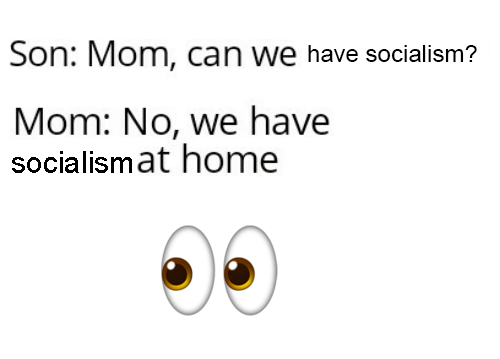March 31st, 2020
As the meme goes, even the apocalypse (in the Western genre) turned out to be banal, basic, underwhelming, in PJs paving supermarket aisles hunting for glutten-free crackers. This compared to a more gracious extinction, like being struck by a comet, that even the dinosaurs had. The shadow of a stranger coming towards you down the cramped shelves of pasta is suddenly posed as a great threat. How to avoid rubbing shoulders?
As an Iranian blessed by a Canadian passport writing from East London though, I can hardly waive the differential logic of apocalypse in the face of so many declarations of the level playing field of the global pandemic, declarations such as “We’re all in it together” or “all the same, for once." One needs only to open today’s chart of countries ranked by the number of infected and the dead to ask the question that Felipe Demitri asks via Judith Butler’s work on social grief: As the virus spreads far and fast, “Which lives are not being mourned?”
Since last November Iran has undergone a chain of grotesque events with one off-the-charts incident leading to yet another: An underlying absurdity that is unleashed only when the infrastructure begins to collapse on itself and with it the norms of the old “normal” go out the door. It was in this climate that the final bizarre turn, the Covid-19 crisis, surged as a combination of state inefficiency and mismanagement expedited by the Trump administration’s reinforced sanctions, preventing the import of basic pharmaceutical and medical items to the country of 80 million population. It is the sanctions, I stress, an ancient instrument of state warfare, not advanced high-frequency digitized finance that’s keeping countries like Iran—and the already penalized proxy landscapes of military conflicts like Yemen and Syria—outside the circuits of capital. When one’s left out of the global tempo of monetary flows, one’s relation to “time”—i.e. the standardized time of the market which we all live by in London and New York—is changed. Long before March 2020 many countries have been living a science fictional life par excellence, as homebound aliens of the planet Earth.
But if the 2020 pandemic is the first of globalization’s plagues, and if the virus voyages wherever money travels, how come the economic barriers wrapped around Iran did not suffice to keep the pandemic away, or at the very least to curb its effects? Maybe because one can’t ever, even metaphorically, “build a wall,” not even economically speaking. The experience of “setting boundaries” with a toxic friend is illuminating enough to shatter this fallacy, a desperate appeal to jurisdiction as if law itself was ever good at building lines of demarcation.
One distinct outcome of the sanctions, for that reason, has been the further consolidation of Iran-China trade relations, with Iran being a key site for the Chinese Belt and Road initiative. There is no coincidence that the Iranian patient zero was a businessman, traveling in the company of a hundred other entrepreneurs and executives, in one of the tens of direct flights from Tehran to Wuhan that despite public protests remained operational weeks after the outbreak began. And this is how the transmission chain rapidly traversed ideological grounds, literally speaking, from businessmen to statesmen to the religious sites in Qom.
If globalization is preconditioned on the complicity of states and markets, there is no surprise that Covid-19, the malady of this globalized planet, is infiltrating more and more world leaders, presidents, prime ministers, ministers, and monarchs—agents of our current world order who shake more hands than all of us combined, and apparently wash them the least.


